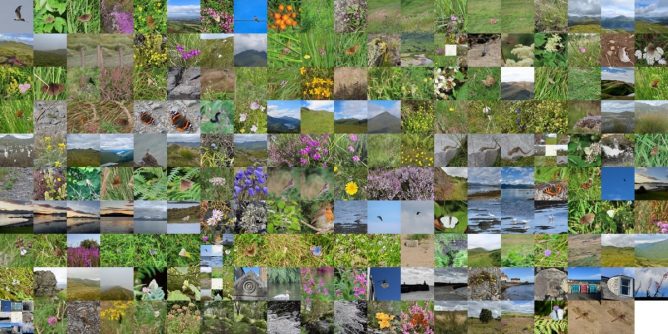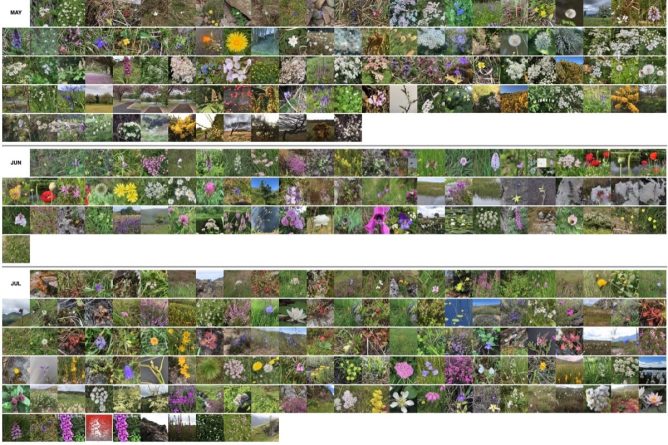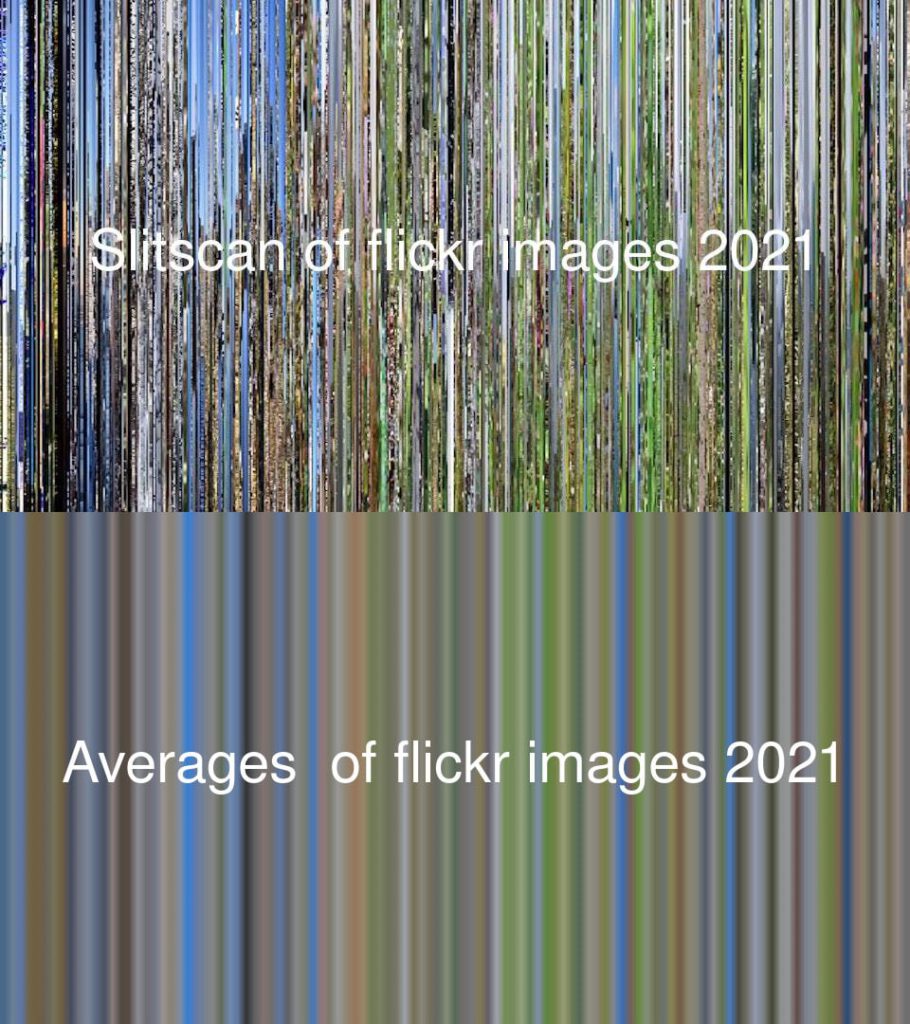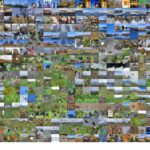I started this two weeks ago when I went back to school. So past time for a summer recap:
As usual I took some photos, and I’ve strung them together, pummelvision fashion.
I updated the script a bit to fade the audio and added a gentler audio choice.
reading
- Read: The Last Voice You Hear 11/08/2024 tagged: Mick Herron, ★★★
- Read: The Lost Wife 08/08/2024 tagged: Susanna Moore, ★★★★
- Read: Hide and Seek 03/08/2024 tagged: Ian Rankin, ★★★
- Read: Chain-Gang All-Stars 29/07/2024 tagged: Nana Kwame Adjei-Brenyah, ★★★
- Read: The Secret Hours 27/07/2024 tagged: Mick Herron, ★★★★
- Read: The Sun Walks Down 24/07/2024 tagged: Fiona Mcfarlane, ★★★★★
- Read: Big Girl, Small Town by Michelle Gallen 18/07/2024 tagged: Michelle Gallen, ★★★★
- Read: Long Island by Colm Tóibín 15/07/2024 tagged: Colm Tóibín, ★★★★★
- Read: The Drowning Pool 07/07/2024 tagged: Ross Macdonald, ★★★★
- Read: Brooklyn 06/07/2024 tagged: Colm Tóibín, ★★★★★
- Read: The Slain Birds 03/07/2024 tagged: Michael Longley, ★★★★
- Read: To the Dogs 02/07/2024 tagged: Louise Welsh, ★★★★
- Read: Clear by Carys Davie 30/06/2024 tagged: Carys Davies, ★★★★★
- Read: Bad Actors by Mick Herron 30/06/2024 tagged: Mick Herron, ★★★★
Noted
I’ve continued trying to write one note a day on ‘something natural’ and recording each months notes.
Under The Weather
This summer has certainly not been good on the weather front, the tail end of a bug which seemed to take a long time to go away also slowed me down for most of July. Although I walked around a fair bit very locally (Kilpatrick Hills, Cochno etc). I didn’t add much to the walk list. I still managed to see a few new things (at least to photograph).
Glow Blogs
I continued working one day a week on Glow Blogs. There was a release (Glow Blogs Update 14 Aug 2024), just after the schools returned. I spent a fair bit of time writing and updating the various sites that comprise the help system. Checking things out and spending a lot more time in the Block Editor. Lots more to come on that front. I feel the use of blogs in teaching has decreased a bit but I believe they can still be useful in lots of different ways.
Online Fun
I’ve continued to use my blog (syndicated to mastodon & Bluesky via micro.blog) instead of X. I noticed a fresh flush of twitter educators coming through to Bluesky after Musk’s support for the extreme right in the UK.
I did a few The DS106 Daily Creates, but less than usual, my favourites were #tdc4584 &
TDC 5491.
I dodged away at a personal Flickr search page, Search Flickr – Results by Month, as I like comparing things I’ve seen throughout the year organised by month. I’ve already something similar for this blog.





